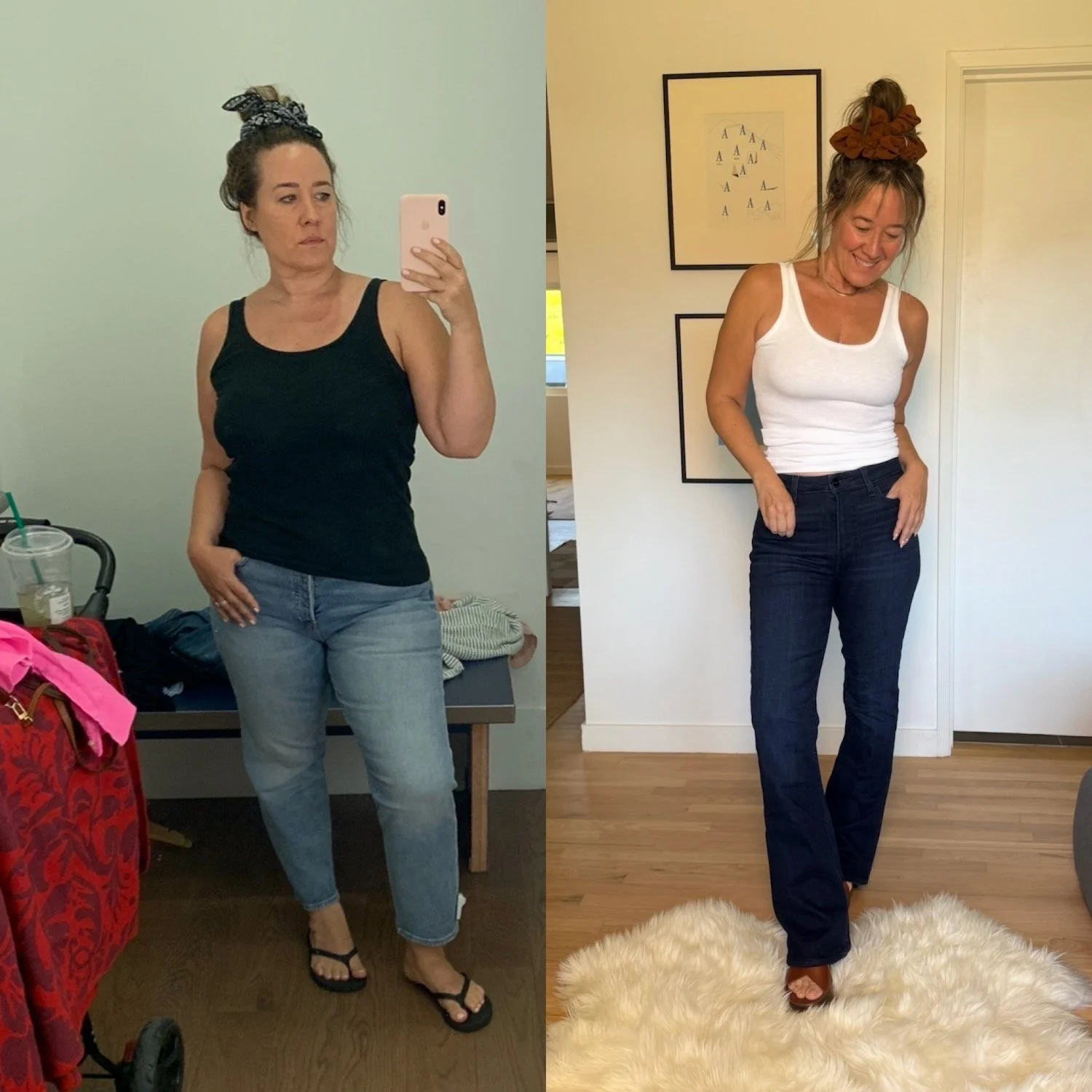Eating More Of This One Thing Could Help Stave Off Cancer
You might even enjoy it.
by The Candidly Team
Should we start with a clue?
What do these foods have in common? Besides us having written entire articles spotlighting the benefits of each and every one of them?
The health fiends amongst you have guessed it. That’s right, it’s healthy fats.
More specifically Omega-3 and Omega-6 fatty acids.
A new study relying on data from more than 250,000 people found that higher levels of omega-3 and omega-6 fatty acids were associated with a lower risk of developing cancer.
“Participants with higher levels of omega-3s had lower rates of colon, stomach and lung cancer, in addition to lower rates of other digestive tract cancers. High omega-6 levels led to lower rates of 14 different cancers, including brain, malignant melanoma, bladder and more,” according to the study.
In general, it concluded that healthy fats might reduce risk of developing 19 different types of cancer.
And based on our dumb little list of the above foods that contain these fats, it feels relatively painless to add more to our diet, no?
So let’s take a moment to break down what these fats are, what they do, and how we can incorporate them into our diet in an easy, low-key way.
The Scoop On Omega-3 and Omega-6 Fatty Acids
Both are types of fat called polyunsaturated fat (the ones people commonly refer to as “good”" fats).
Omega-6 fatty acids are commonly found in vegetable oils, nuts, and seeds. Omega-3s are found in fish, nuts, seeds, and some plants.
According to Dr. Mary Claire Haver Omega-3s “play an important role in the construction of every cell wall you have. They also serve as an energy source and aid in the proper functioning of your heart, lungs, blood vessels, and immune system.” In addition, they “may help protect against Alzheimer's disease and dementia, as well as having a beneficial effect on aging-related memory decline, according to some studies.” There’s also some research pointing to Omega 3s as possibly reducing the risk of heart disease and of developing high cholesterol.
As with many things, especially in supplement form, the research has been mixed. Even the study we’re talking about found that “high omega-3 levels could be associated with a slightly higher risk of prostate cancer.”
And here’s where it gets a bit more complicated. There are some arguments, not to mention research, showing that the Western diet comprises too many Omega-6s which are commonly found in certain oils and therefore in many processed, unhealthy foods. All of this can lead to more inflammation, which is the root of much disease.
At the same time, those consuming a Western diet are likely not eating enough Omega-3s, which can help fight inflammation. This has left many to suggest we aim for a better ratio where we eat more Omega 3s and fewer Omega 6s. But another way to think about it might be to consume fewer processed and more whole foods containing healthier fats.
And while many people weigh whether or not to take a fish oil supplement, which comes with its own mixed reviews, one thing everyone seems to agree on is getting more of our Omega 3s through nutrient-rich, whole food sources is a wise way to go.
As for supplements, that’s really where a conversation with your doctor comes in.
What should we eat to get more healthy fats?
Let’s just get right to a list:
Fatty fish (salmon, mackerel, tuna, herring, and sardines). We wrote a whole thing about tinned fish HERE.
Shellfish
Seeds: Chia, flax, sunflower, hemp
Nuts: Walnuts especially, almonds, cashews, peanuts
Soybeans
Edamame
Tofu
Avocados
How do we eat them?
We embraced canned salmon. It ain’t half bad, you guys. We toss it over minute rice, slice in copious amounts of avocado, sprinkle in edamame, and add a splash of THIS sauce. Delicious - truly!
We make THIS chia pudding. It’s replaced dessert.
We garnish with walnuts. In oatmeal, yogurt, cottage cheese and salads. The crunch is extraordinary.
This article is for informational purposes only. It is not intended to be used in place of professional advice, medical treatment, or professional care in any way. This article is not intended to be and should not be a substitute for professional care, advice or treatment. Please consult with your physician or healthcare provider before changing any health regimen. This article is not intended to diagnose, treat, or prevent disease of any kind. Read our Terms & Conditions and Privacy Policy.







